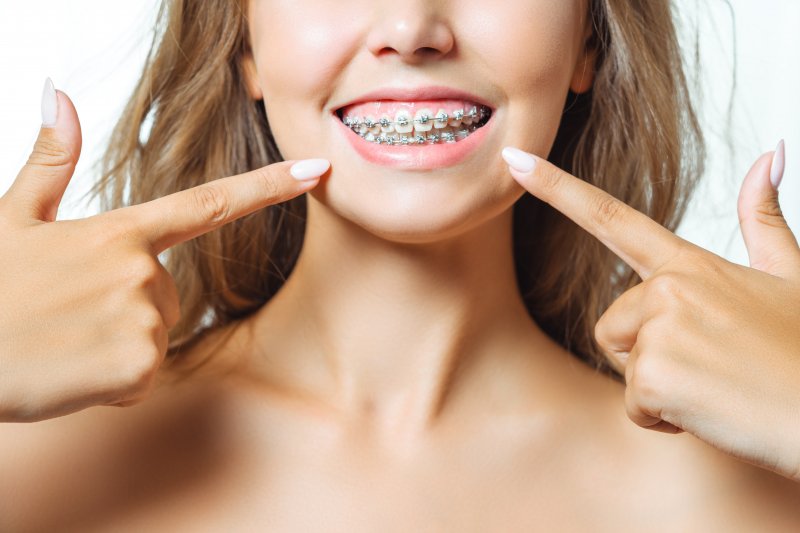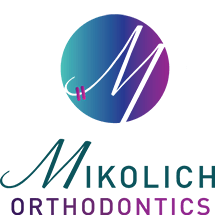
While wearing your braces, you accepted the fact that tooth and overall mouth pain would be normal. After all, your teeth are moving, which is no easy task nor is it meant to be painless. But one thing you may not have expected to see is your gums beginning to swell. Watching your soft oral tissues become tender and inflamed may leave you wondering why it’s happening and what you can do to stop or treat it. An orthodontist explains the causes of swollen gums with braces and what you can do during and after orthodontic treatment.
What Can Cause Gums to Swell While Wearing Braces?
When initially having your braces affixed to your teeth, you were likely told by your dentist and orthodontist in Canfield to maintain good oral hygiene. After all, tooth decay, cavities, and gum disease can potentially cause a delay in your treatment timeline. Unfortunately, if you are lacking in brushing, flossing, and rinsing, you may find that your gums begin to swell as a result of gingivitis developing. When your teeth begin to shift, small pockets can open which makes it easy for food and bacteria to become trapped. As a result, inflammation occurs and begins to attack your soft tissues. If left untreated, it can begin to destroy your bone tissue and teeth, which can result in complex gum surgery.
It is also possible that your gums will swell if you develop a rare condition known as gingival hyperplasia. When the gingiva becomes enlarged, it can create excess gum tissue that forms around your teeth. By implementing regular and more rigorous oral hygiene habits, it is possible to reduce gingival hyperplasia. Otherwise, it’s possible it may dissipate within a few months after completing orthodontic treatment, or you may be required to have it surgically removed.
The final cause for gum swelling is simple tooth movement. The process of wearing braces causes much pressure to be applied to your teeth, oral tissues, and jawbone, which, in turn, can cause some swelling to occur. With regular brushing, flossing, and rinsing, as well as lukewarm saltwater rinses, inflammation can dissipate, allowing for the soreness to ease over time.
How Can It Be Treated?
After you complete orthodontic treatment and have your braces removed, your gum tissue may still appear swollen. If it does not reduce in the weeks or months following your treatment, it may be necessary to undergo gum recontouring. This cosmetic process involves re-sculpting and reshaping your gum line to create a more even and balanced appearance. Individuals with “gummy smiles” or “stubby,” short teeth often turn to this type of procedure because of its ability to remove excess tissue permanently and improve aesthetics.
How to Prevent Swollen Gums?
If you prefer to avoid any additional treatment after finishing your orthodontic treatment, it is best to ask your orthodontist about preventive measures you can take. You will find they will often recommend:
- Avoiding hard, crunchy foods that can become trapped in your teeth and braces
- Use a water irrigator or floss threader to easily remove bacteria and food particles from in-between teeth and under the gum line
- Use an electric toothbrush to clean your teeth more thoroughly
- Rinse with warm salt water multiple times a day if your gums become tender
Taking these steps and knowing what you can do to minimize the potential for swollen gums will ensure your smile looks its best after completing orthodontic treatment.
About the Author
Dr. Marissa Mikolich has more than a decade of experience helping her patients achieve beautiful smiles. She obtained a doctoral degree in dentistry from The University of Pennsylvania School of Dental Medicine before going on to receive a master’s degree in oral biology from The Ohio State University College of Dentistry. She and her team at Mikolich Orthodontics will walk you through the entire process of orthodontic treatment from start to finish and provide helpful tips to minimize pain and swelling that can often occur while wearing braces. If you are struggling with swollen gums during your orthodontic treatment, visit our website or call (330) 967-4110.

